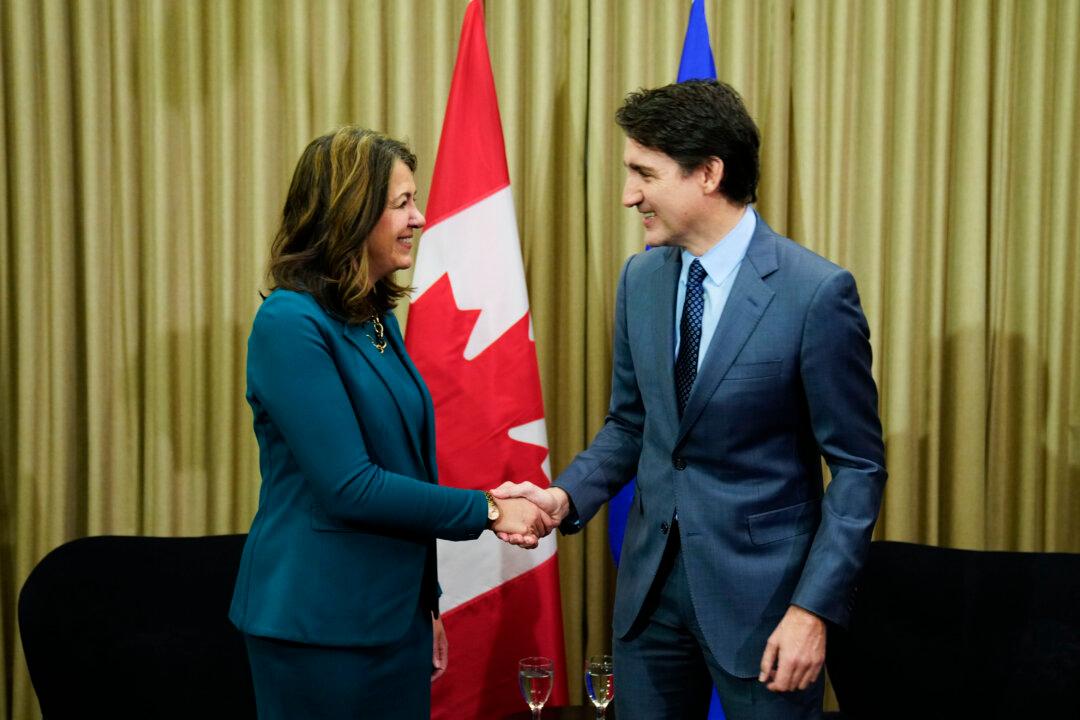Commentary
Battles between provinces and the federal government are part of Canada’s fabric. Politically, it serves premiers well if they can position themselves as defenders against Ottawa’s incursions upon provincial jurisdiction. Federal governments try to frame themselves as defenders of the federation over perceived, self-interested regions.





